Đề thi tiếng Anh THPT Quốc gia năm 2018 (Mã đề 406)
Đề thi tiếng Anh THPT Quốc gia năm 2018 (Mã đề 406)
Mark the letter A, B, C, or D on your answer sheet to indicate the word that differs from the other three in the position of primary stress in each of the following questions.
Question 1:
- assistant
- president
- companion
- opponent
Trong 4 đáp án, "president" có trọng âm ở phiên âm đầu tiên và những từ còn lại có trọng âm nằm ở phiên âm thứ hai.
Question 2:
- perform
- affect
- obtain
- happen
Trong cả 4 đáp án, "happen" có trọng âm nằm ở phiên âm đầu tiên, những từ còn lại có trọng âm nằm ở phiên âm thứ hai.
Mark the letter A, B, C, or D on your answer sheet to indicate the word whose underlined part differs from the other three in pronunciation in each of the following questions.
Question 3:
- wonders
- mountains
- problems
- moments
*quy tắc phát âm đuôi s cơ bản
Question 4:
- seat
- threat
- beat
- meat
*"ea" trong từ "threat" được phát âm là /e/: /θret/. meat /miːt/, beat /biːt/, seat /siːt/.
Mark the letter A, B, C, or D on your answer sheet to indicate the sentence that best completes each of the following exchanges.
Question 5: Jenny and Jimmy are talking about university education.
- Jenny: "I think having a university degree is the only way to succeed in life."
- Jimmy: "______. There are successful people without a degree."
- I can't agree more
- That's life
- I don't quite agree
- That's all right
Theo dữ liệu đưa ra, có một sự bất đồng quan điểm của hai người. => C: I don't quite agree (Tôi không đồng ý).
Question 6: Adam and Janet are at the school canteen.
- Adam: "______"
- Janet: "Yes, please."
- Do you mind if I sit here?
- Can you pass me the salt, please?
- It's a bit hot in here, isn't it?
- Would you like a cup of coffee?
Trong câu trả lời, "Yes, please." chỉ một lời đồng ý của một lời mời. => D: Would you like a cup of coffee? (một lời mời cà phê).
Mark the letter A, B, C, or D on your answer sheet to indicate the word(s) CLOSEST in meaning to the underlined word(s) in each of the following questions.
Question 7: The team entered the competition with great confidence after getting advice from sound their coach.
- sensible
- audible
- tentative
- sensitive
* sound: có lý, khôn ngoan (lời khuyên) ~ sensible. - tenative: không chắc chắn, ướm thử (hàng hóa); thiếu tự tin. - sensitive: nhạy cảm - audible: có thể nghe rõ.
Question 8: It is high time more intensive campaigns were initiated to protect endangered species all over the world.
- adapted
- rebuilt
- introduced
- improved
initiate: khở xướng, mở màn ~ introduce: giới thiệu, mở màng
Mark the letter A, B, C, or D on your answer sheet to indicate the word(s) OPPOSITE in meaning to the underlined word(s) in each of the following questions.
Question 9: Winning the first prize in the National Math Competition was the highest achievement he got when he was at school.
- completion
- comprehension
- success
- failure
achievement: thành tựu ~ sự thành công >< failure: sự thất bại.
Question 10: Despite careful preparation, the candidate got cold feet when asked a challenging question and gave an unsatisfactory answer.
- had a fever
- stayed confident
- got nervous
- became aggressive
* get cold feet: chùn bước, mất tự tin (về điều mình đã chuẩn bị) >< stay confident: giữ được sự tự tin
Mark the letter A, B, C, or D on your answer sheet to indicate the correct answer to each of the following questions.
Question 11: In most countries, photocopying books without the publisher's permission is clearly a copyright ______.
- interference
- interpretation
- infringement
- infliction
* copyright infringement: sự vi phạm bản quyền.
Question 12: These volunteer programmes aim to provide education for children in ______ regions.
- far-reaching
- far-fetched
- far-sighted
- far-flung
far-flung: xa xôi, xa xăm (vùng miền). - far-reaching: tác động sâu rộng. - far-fetched: khó tin. - far-sighted: nhìn xa trông rộng.
Question 13: Her parents rarely let her stay out late, ______?
- doesn't she
- does she
- don't they
- do they
Câu hỏi đuôi với Trạng từ mang nghĩa phủ định (rarely = hiếm khi) được tính là câu phủ định => phân đuôi khẳng định.
Question 14: They were at the stadium with us last night, so they ______ at the theatre then.
- might have been
- should have been
- can't have been
- needn't have been
can't have done = 1 việc chắc chắn không thể xảy ra trong quá khứ được (với những chứng cứ xác thực).
Question 15: Although she had been told quite sternly to ______ herself together, she simply couldn't stop the tears from flowing.
- force
- bring
- pull
- push
* pull one's self together: kìm nén cảm xúc.
Question 16: The coastal city is ______ extra buses during the summer because of a considerable increase in the number of tourists.
- taking off
- turning out
- making up
- putting on
put on: cung cấp dịch vụ vận tải (xe buýt, tàu điện ...)
Question 17: Participating in teamwork activities helps students develop their ______ skills.
- socialise
- society
- social
- socially
* social skills: kỹ năng mềm.
Question 18: The children ______ by social networks are likely to suffer from depression and other health problems
- obsessed
- obsessing
- who obsessed
- are obsessed
Sử dụng cấu trúc mệnh đề quan hệ dạng bị động thể rút gọn. The children who are obsessed ... => The children obsessed ...
Question 19: Only after the teacher ______ the procedure clearly were the students allowed to go ahead with the experiment.
- had explained
- was explaining
- has explained
- would explain
Sử dụng cấu trúc thì quá khứ hoàn thành chỉ hành động đứng trước một hành động khác trong quá khứ.
Question 20: If our teacher were here now, he ______ us with this difficult exercise.
- would help
- will help
- helps
- has helped
Sử dụng cấu trúc câu điều kiện loại 2 (thể hiện sự kiện không có thật ở hiện tại.
Question 21: The boy denied ______ the cake even though there was some cream left on his chin.
- to eating
- eating
- to eat
- eat
Sử dụng động từ thêm -ing sau động từ "deny". * deny doing something: phủ nhận việc gì
Question 22: ______ to fame at an early age may have a negative influence on children's psychological development.
- Reaching
- Rising
- Approaching
- Going
* rise to fame: trở nên nổi tiếng (thường là nhanh chóng) (trẻ con mà nổi tiếng sớm thường ảnh hưởng sự phát triển tâm lý)
Read the following passage and mark the letter A, B, C, or D on your answer sheet to indicate the correct word or phrase that best fits each of the numbered blanks from 23 to 27.
Taking piano lessons and solving math puzzles on a computer significantly improve specific math skills of elementary school children, according to a new study. The results, (23)______ were published in the journal Neurological Research, are the latest in a series that links musical training to the Neurological Research development of higher brain functions.
Researchers worked with 135 second-grade students at a school in Los Angeles after (24)______ a pilot study with 102 students. Children that were given four months of piano training, as well as time playing (25)______ newly designed computer software, scored 27 percent higher on math and fraction tests than other children.
Piano instruction is thought to enhance the brain's "hard-wiring" for spatial-temporal reasoning, or the ability to visualise and transform objects in space and time, says Professor Gordon Shaw, who led the study. At the same time, the computer game allows children to solve geometric and math puzzles that boost their ability to (26)______ shapes in their mind.
The findings are significant (27)______ a grasp of proportional math and fractions is a prerequisite to math at higher levels, and children who do not master these areas of math cannot understand more advanced math that is critical to high-tech fields.
(Adapted from "Eye on Editing 2" by Joyce S. Cain)
Question 23:
- who
- which
- that
- whose
* "which" được sử dụng thay cho "the results" và đứng sau dấu phẩy không dùng "that".
Question 24:
- carrying
- conducting
- composing
- concerning
* conduct a study: thực hiện cuộc nghiên cứu. (như cái conduct a survey: thực hiện khảo sát). - a pilot study: sự nghiên cứu thử nghiệm, nghiên cứu tiên phong.
Question 25:
- for
- with
- of
- at
* Chúng ta dùng giới từ "with" vì là "computer software" đó là cái bổ trợ cho việc học sinh đánh đàn piano.
Question 26:
- manipulate
- accommodate
- stimulate
- accumulate
* accumulate: tích lũy, chồng chất. - stimulate: kích thích. - accommodate: cung cấp (chỗ ở). Cả ba từ đều không hợp nghĩa trong trường hợp trên. Vì vậy chúng ta sử dụng: manipulate (hình thành)
Question 27:
- unless
- because
- before
- although
The findings are significant because a grasp of proportional math and fractions is a prerequisite to math at higher levels, ... => Những điều thu lượm được thì rất quan trọng bởi vì khả năng hiểu toán tỉ lệ và phân số là điều kiện tiên quyết cho môn toán ở trình độ cao hơn, ...
Read the following passage and mark the letter A, B, C, or D on your answer sheet to indicate the correct answer to each of the questions from 28 to 34.
When we meet people for the first time, we often make decisions about them based entirely on how they look. And of course, we too are being judged on our appearance. Undoubtedly, it's what's inside that's important but sometimes we can send out the wrong signals and so get a negative reaction, simply by wearing inappropriate clothing.
When selecting your clothes each day, it is therefore important to think about who you're likely to meet, where you are going to be spending most of your time and what tasks you are likely to perform. Clearly, on a practical level, some outfits will be more appropriate to different sorts of activity and this will dictate your choice to an extent. However, there's no need to abandon your individual taste completely. After all, if you dress to please somebody else's idea of what looks good, you may end up feeling uncomfortable and not quite yourself.
Some colours bring your natural colouring to life and others can give you a washed-out appearance. Try out new ones by all means, but remember that dressing in bright colours when you really like subtle neutral tones or vice versa will make you feel self-conscious and uncomfortable. You know deep down where your own taste boundaries lie. It may be fun to cross these sometimes, but do take care not to go too far all at once.
Reappraising your image isn't selfish because everyone who comes into contact with you will benefit. You'll look better and you'll feel a better person all round. And if in doubt, you only need to read Professor Albert Mehrabian's book Silent Messages, which showed that the impact we make on Silent Messages each other depends 55 percent on how we look and behave, 38 percent on how we speak, and only seven percent on what we actually say.
(Adapted from "Expert First" by Jan Bell and Roger Gower)
Question 28: Which could be the best title for the passage?
- Creating a Professional Image
- Making Your Image Work for You
- Choosing Appropriate Business Suits
- Making Judgements about People's Appearance
Trong quá trình đọc, ta thấy cả bài nói về việc thay đổi ngoại hình sẽ giúp nhiều việc thuận lợi hơn.
Question 29: According to paragraph 1, people can get a negative reaction from others by ______.
- talking about other people's behaviours
- wearing inappropriate clothes
- expressing too strong emotions
- sending out right signals
Theo dữ liệu ở cuối đoạn 1, ... get a negative reaction, simply by wearing inappropriate clothing => vậy đáp án B là đáp án chính xác.
Question 30: The word "outfits" in paragraph 2 mostly means ______.
- sets of equipment
- types of signals
- types of gestures
- sets of clothes
* outfit: bộ quần áo = set of clothes.
Question 31: Which of the following is NOT mentioned in paragraph 2 as a factor to be considered when choosing clothes?
- Places you spend time in
- People you meet
- Other people's views on beauty
- Kinds of tasks you perform
Theo dữ liệu trong đoạn 2, ... it is therefore important to think about who you're likely to meet, where you are going to be spending most of your time and what tasks you are likely to perform. => thông tin ở câu C không được đề cập.
Question 32: The word "others" in paragraph 3 refers to ______.
- colours
- taste boundaries
- means
- neutral tones
Ở đầu đoạn 3, "Some colours bring your natural colouring to life and can give you a washed-out appearance." => Từ "others" thay thế cho chủ ngữ "colours".
Question 33: The word "Reappraising" in paragraph 4 is closest in meaning to ______.
- reapplying
- reconsidering
- reminding
- recalling
Reappraising = reconsidering: Đánh giá lại, xem xét lại
Question 34: According to Professor Albert Mehrabian, the impact we make on each other depends mainly on ______.
- how we look and behave
- what we read
- what we actually say
- how we speak
which showed that the impact we make on each other depends 55 percent on how we look and behave, 38 percent on how we speak, and only seven percent on what we actually say....
Read the following passage and mark the letter A, B, C, or D on your answer sheet to indicate the correct answer to each of the questions from 35 to 42.
While watching sports on TV, the chances are children will see professional players cheating, having tantrums, fighting, or abusing officials. In addition, it's highly likely that children will be aware of well-known cases of sportspeople being caught using drugs to improve their performance. The danger of all this is that it could give children the idea that winning is all that counts and you should win at all costs. Good behaviour and fair play aren't the message that comes across. Instead, it looks as if cheating and bad behaviour are reasonable ways of getting what you want. This message is further bolstered by the fact that some of these sportspeople acquire enormous fame and wealth, making it seem they are being handsomely rewarded either despite or because of their bad behaviour.
What can parents do about this? They can regard sport on television as an opportunity to discuss attitudes and behaviour with their children. When watching sports together, if parents see a player swearing at the referee, they can get the child's opinion on that behaviour and discuss whether a player's skill is more important than their behaviour. Ask what the child thinks the player's contribution to the team is. Point out that no player can win a team game on their own, so it's important for members to work well together.
Another thing to focus on is what the commentators say. Do they frown on bad behaviour from players, think it's amusing or even consider it's a good thing? What about the officials? If they let players get away with a clear foul, parents can discuss with children whether this is right and what effect it has on the game. Look too at the reactions of coaches and managers. Do they accept losing with good grace or scowl and show a bad attitude? Parents can use this to talk about attitudes to winning and losing and to remind children that both are part of sport.
However, what children learn from watching sports is by no means all negative and parents should make sure they accentuate too. They should emphasise to children the high reputation that well-behaved players have, not just with their teammates but also with spectators and the media. They can focus on the contribution made by such players during a game, discussing how valuable they are in the team. In the interviews after a game, point out to a child that the well-behaved sportspeople don't gloat when they win or sulk when they lose. And parents can stress how well these people conduct themselves in their personal lives and the good work they do for others when not playing. In other words, parents should get their children to focus on the positive role models, rather than the antics of the badly behaved but often more publicised players.
(Adapted from "New English File - Advanced" by Will Maddox)
Question 35: Which of the following does the passage mainly discuss?
- The importance of team spirit in sport
- Moral lessons for children from watching sports
- Different attitudes toward bad behaviour in sport
- The influence of model sportspeople on children
Cả bài thảo luận về việc hướng trẻ em có sự đánh giá đúng về những hành động bạo lực trong thể thao.
Question 36: The word "bolstered" in paragraph 1 is closest in meaning to ______.
- energised
- represented
- inspired
- reinforced
* bolstered = reinforced: ủng hộ, giúp đỡ
Question 37: According to paragraph 1, misconduct exhibited by players may lead children to think that ______.
- it is necessary in almost any game
- it brings about undesirable results
- it is an acceptable way to win the game
- it is disadvantageous to all concerned
Dựa theo dữ liệu ở đoạn 1, The danger of all this is that it could give children the idea that winning is all that counts and you should win at all costs. Good behaviour and fair play aren't the message that comes across. Instead, it looks as if cheating and bad behaviour are reasonable ways of getting what you want. => việc dân thể thao dùng thủ đoạn để chiến thắng có thể làm trẻ em nghĩ rằng điều đó là chấp nhận được để chiến thắng trong môn thể thao đó.
Question 38: According to paragraph 2, what should parents teach their children through watching sports?
- Collaboration is fundamental to any team's success.
- A team with badly-behaved players will not win a game.
- A player's performance is of greater value than his behaviour.
- Cheating is frowned upon by the majority of players.
Dựa theo dữ liệu ở đoạn 2, Point out that no player can win a team game on their own, so it's important for members to work well together. ~ sự hợp tác là thiết yếu cho thành công của cả 1 tập thể.
Question 39: The word "accentuate" in paragraph 4 can be best replaced by ______.
- highlight
- consolidate
- actualise
- embolden
* accentuate = highlight: nhấn mạn, làm nổi bật
Question 40: The word "They" in paragraph 4 refers to ______.
- teammates
- children
- spectators
- parents
Theo dữ liệu ở đầu đoạn 4 và ý nghĩa của cả đoạn, "they" bổ sung nghĩa và thay thế cho từ "parents". (They ở đây chính là các bậc cha mẹ - cả đoạn 4 là lời khuyên của tác giả cho các bậc phụ huynh cách chỉ ra sự đúng sai các hành động của những vận động viên thể thao cho con của họ).
Question 41: Which of the following about sport is NOT mentioned in the passage?
- Reactions of coaches and managers when their teams lose a game may be of educational value.
- Misconduct from sportspeople may go unpunished despite the presence of officials.
- A well-behaved player enjoys a good reputation among his teammates, spectators and the media.
- Many sportspeople help others so as to project good images of themselves.
Thông tin ở đáp án B không thấy đề cập trong đoạn văn.
Question 42: Which of the following can be inferred from the passage?
- The media tend to turn the spotlight more on sportspeople's wrongdoings than on their good deeds.
- Players with good attitudes make a greater contribution to their teams' budgets than others.
- The well-behaved players in a game invariably display desirable conducts when not playing.
- Well-mannered players sometimes display strong emotions after winning or losing a game.
Theo thông tin xuyên suốt đoạn văn, ta thấy nổi trội lên vấn đề bàn luận về những hành động xấu của dân thể thao được thể hiện rõ hơn và cái tốt của họ (cái tốt của họ trẻ con không nhận ra ngay được mà bố mẹ phải hướng dẫn nhìn nhận).
Mark the letter A, B, C, or D on your answer sheet to indicate the sentence that best combines each pair of sentences in the following questions.
Question 43: He fulfilled his dream of travelling the world. He decided to get a job and settle down.
- Having fulfilled his dream of travelling the world, he decided to get a job and settle down.
- Although he had fulfilled his dream of travelling the world, he decided not to get a job and settle down.
- As he decided to get a job and settle down, he didn't fulfil his dream of travelling the world.
- If he had fulfilled his dream of travelling the world, he would have decided to get a job and settle down.
Trong cả 4 đáp án trên, B, C và D đều không diễn tả đúng với ý nghĩa của câu trên. => A sử dụng dạng rút gọn thì quá khứ hoàn thành (thể hiện hành động đứng trước một hành động khác trong quá khứ.
Question 44: She gave a great performance at the festival. We now know she has artistic talent.
- But for her great performance at the festival, we wouldn't know about her artistic talent now.
- Although she gave a great performance at the festival, now we still don't know she has artistic talent.
- Hardly had we known about her artistic talent when she gave a great performance at the festival.
- Amazing as her artistic talent is, we don't know about her great performance at the festival.
Trong 4 đáp án trên, A mang ý nghĩa đúng với câu gốc nhất: But for her great performance at the festival, we wouldn't know about her artistic talent now. => (Nếu không có màn trình diễn của cô tại lễ hội, chúng ta sẽ không biết được tài năng thiên bẩm của cô ấy).
Mark the letter A, B, C, or D on your answer sheet to indicate the underlined part that needs correction in each of the following questions.
Question 45: Drawing on her own experience (A) in psychology, the writer successfully (B) portrayed a volatile (C) character with (D) dramatic alternatives of mood.
- in psychology
- portrayed
- character
- ramatic alternatives
* dramatic alternatives => dramatic alternations - alternative: sự thay thế - từ này hay đi vớito. - alternation: sự luân phiên, xen kẽ - từ này đi được với of. (dramatic alternations of mood: sự luân phiên cảm xúc đầy ấn tượng; khả năng thay đổi cảm xúc nhanh).
Question 46: It was (A) the year 2014 that Trang An Scenic Landscape Complex (B) was made (C) a World Heritage Site (D) by UNESCO.
- the year 2014
- was made
- a
- by
* the year 2014 => IN the year 2014 => dùng Câu Chẻ dạng cụm giới từ để nhấn mạnh.
Question 47: My (A) close friends (B) spends most (C) of their free time (D) helping the homeless people in the community.
- close
- spends
- of
- helping
Chủ ngữ là " My close friends" là danh từ số nhiều nên sửa từ spends => spend.
Mark the letter A, B, C, or D on your answer sheet to indicate the sentence that is closest in meaning to each of the following questions.
Question 48: Many people think that the new regulations will encourage people to use less energy.
- The new regulations are thought to encourage lower consumption of energy.
- Lower consumption of energy is thought to lead to the introduction of the new regulations.
- It was thought that lower consumption of energy was stimulated by the new regulations.
- It is thought that the new regulations will encourage people to consume more energy.
Trong cả 4 đáp án trên, B, C và D mang ý nghĩa khác với câu gốc => câu A sử dụng cấu trúc câu bị động.
Question 49: It usually takes her an hour to drive to work.
- She doesn't usually drive to work in an hour
- She used to drive to work in an hour
- She usually spends an hour driving to work.
- She never spends an hour driving to work.
* it takes sb + time + to do ~ sb spend(s) + time + doing. (ai mất bao lâu để làm gì)
Question 50: "I'm sorry I haven't finished the assignment," Fiona said.
- Fiona denied having finished the assignment.
- Fiona regretted having finished the assignment.
- Fiona apologised for not finishing the assignment.
- Fiona refused to finish the assignment.
Dựa theo dữ liệu được đưa ra, đây là một lời xin lỗi => đáp án C là đáp án chính xác.
Đáp án của bạn
Kết quả
Hãy trả lời hết tất cả các câu hỏi để biết kết quả bạn nhé
0 50

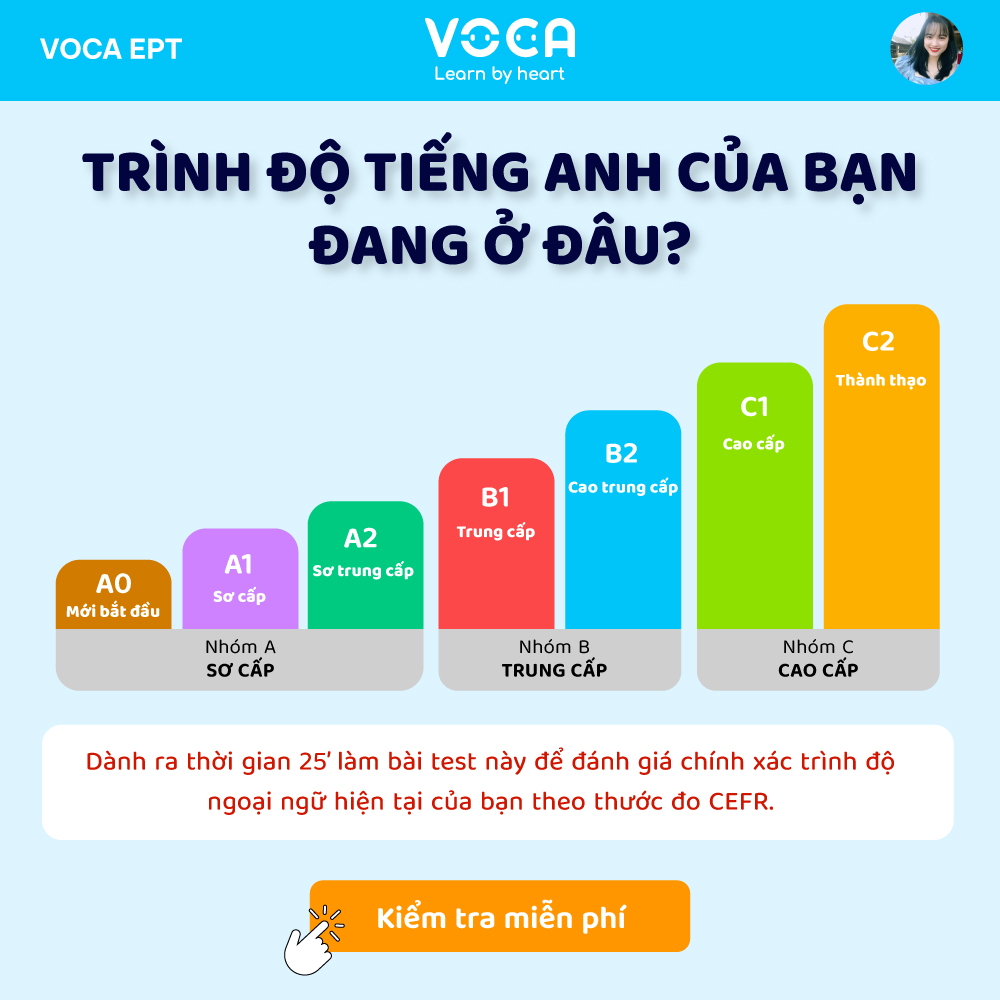
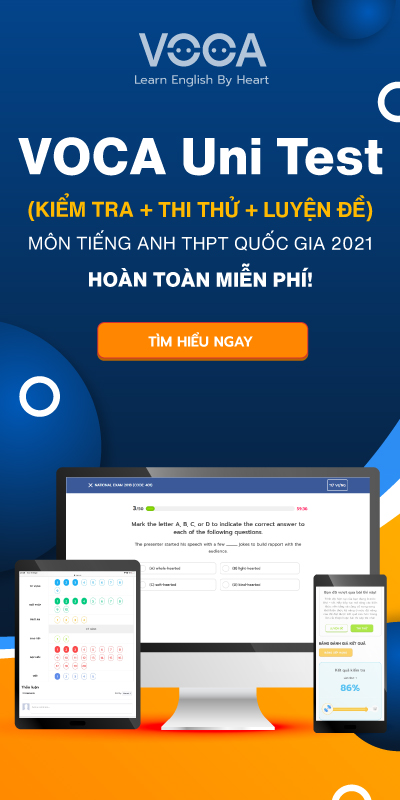

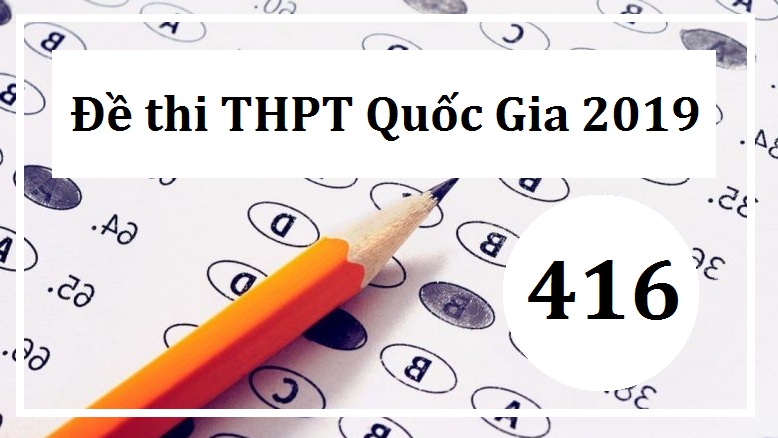
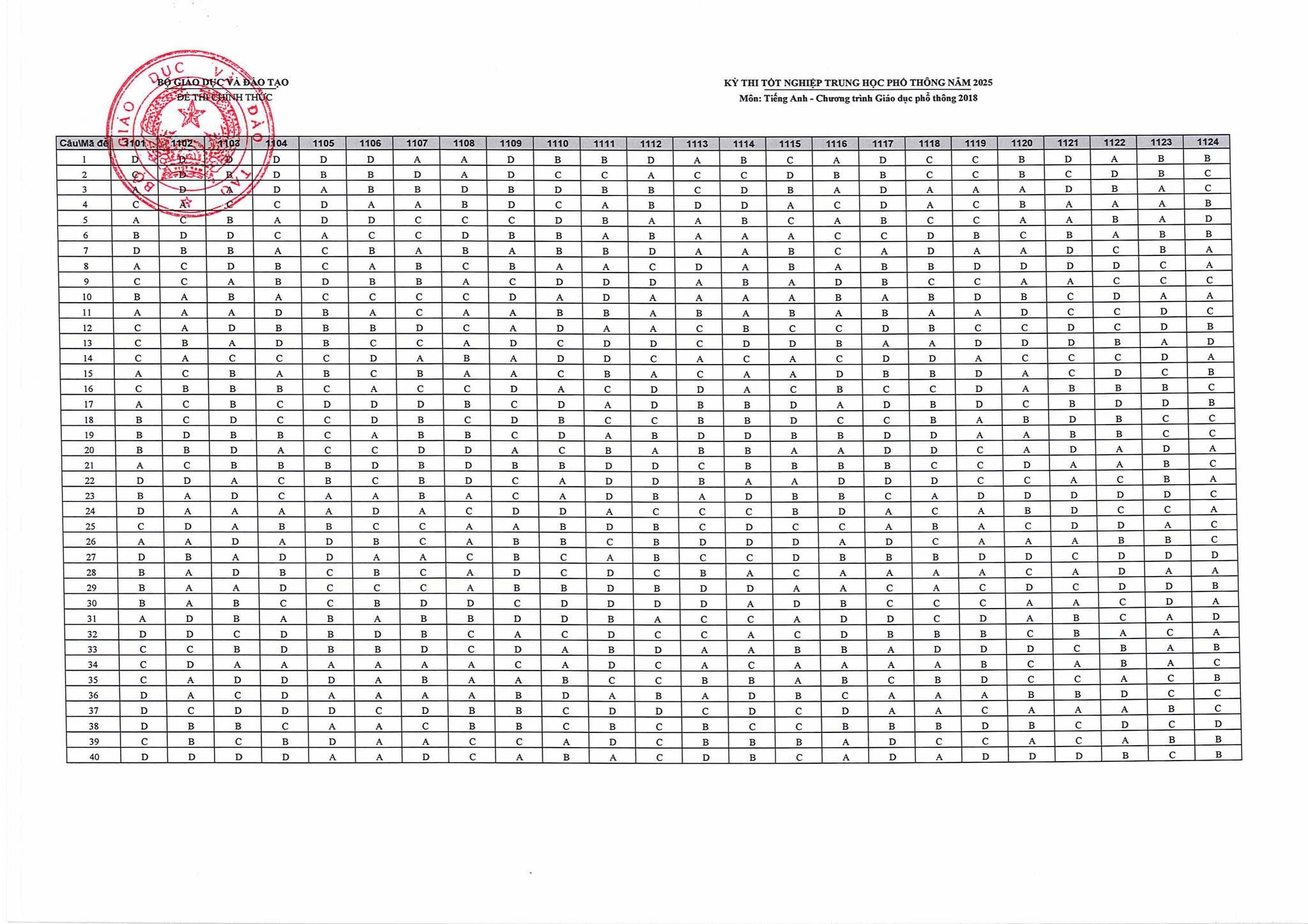
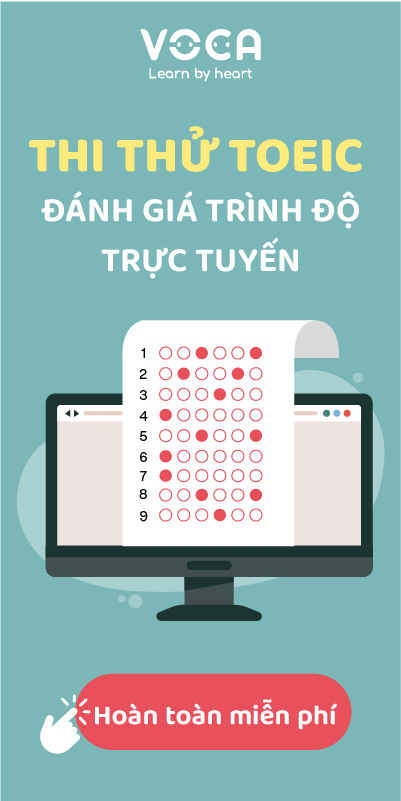
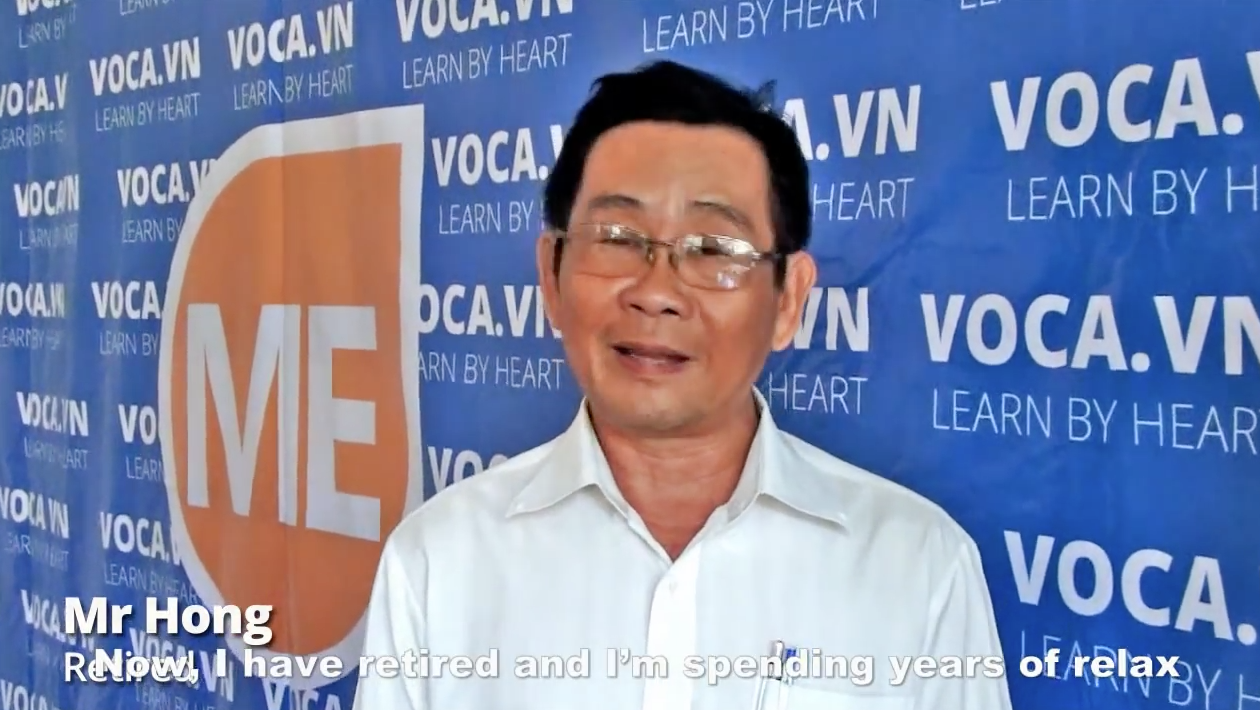
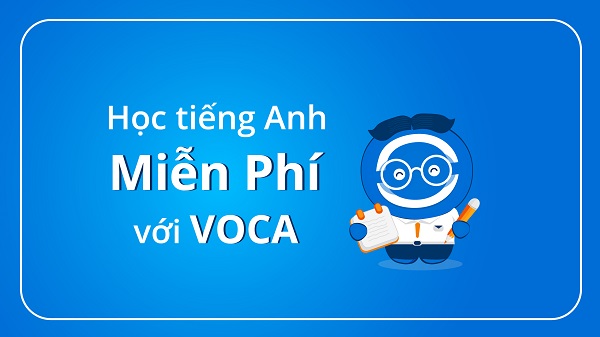

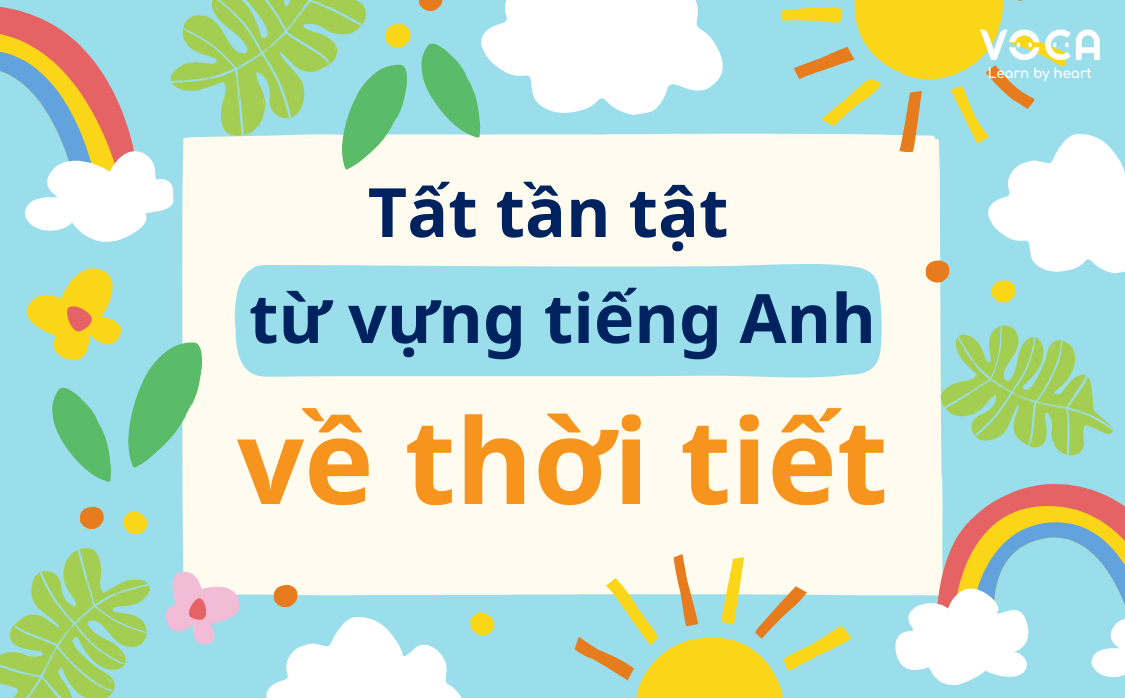

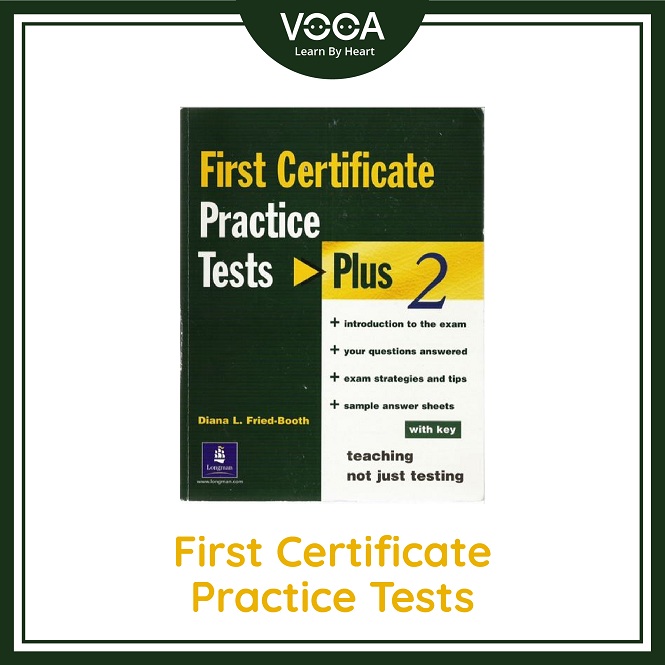
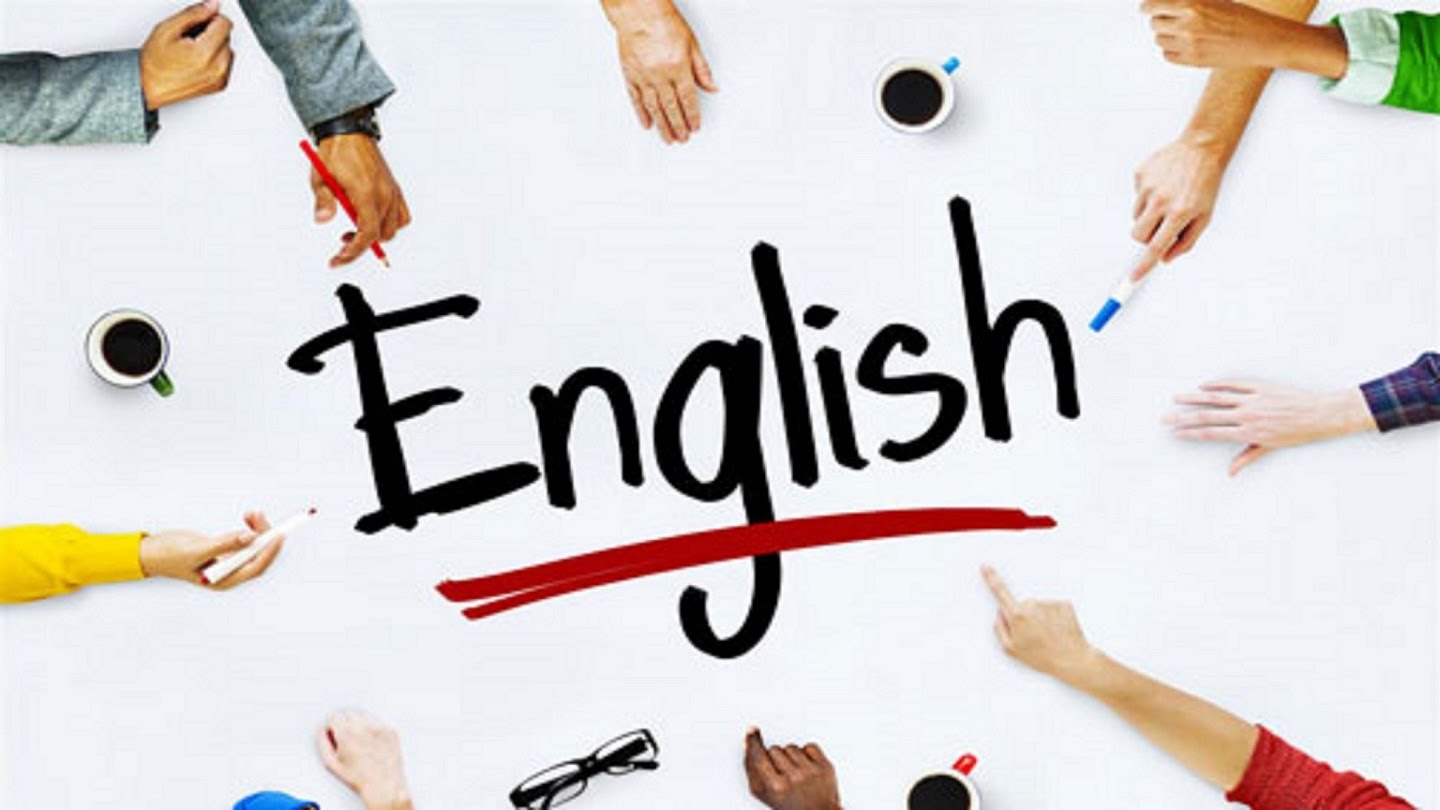



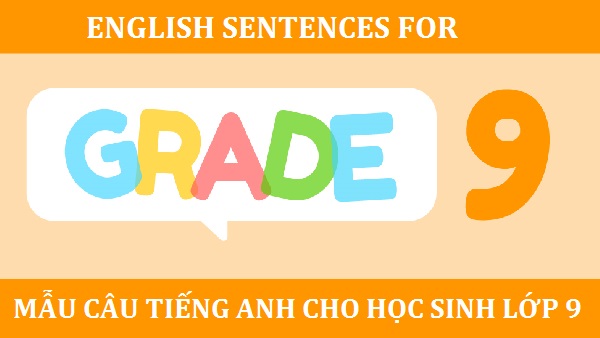


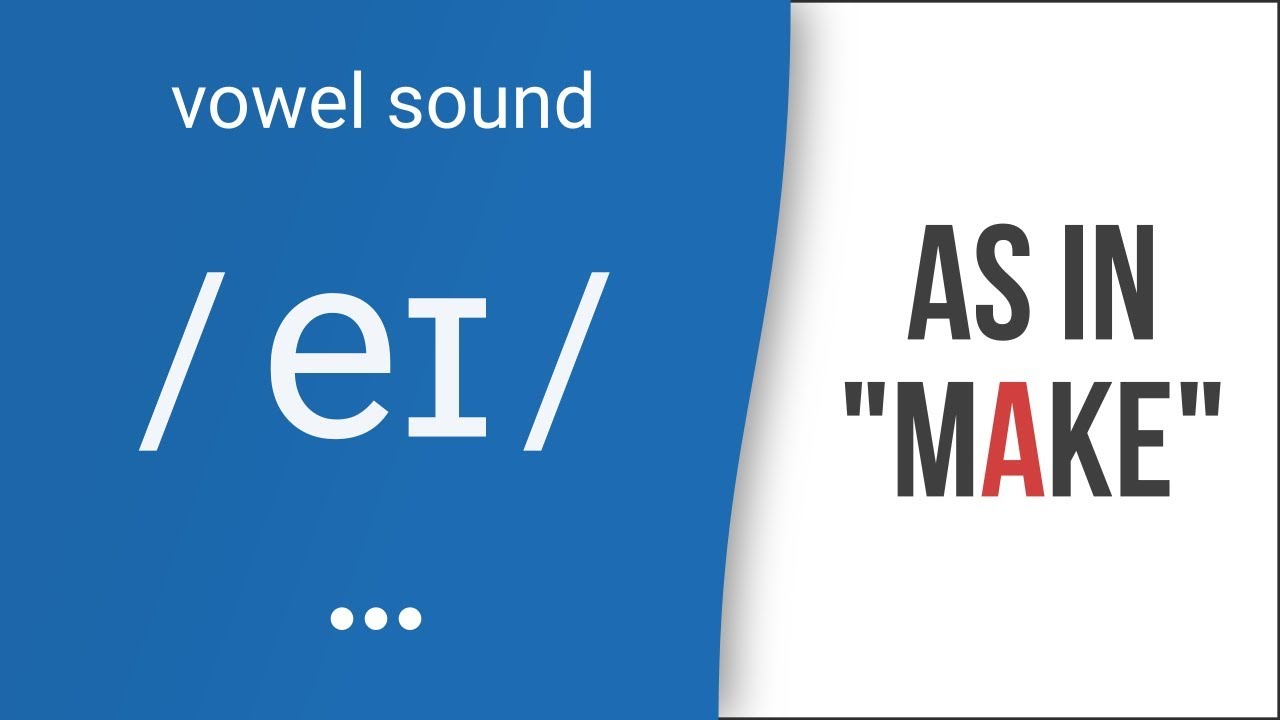


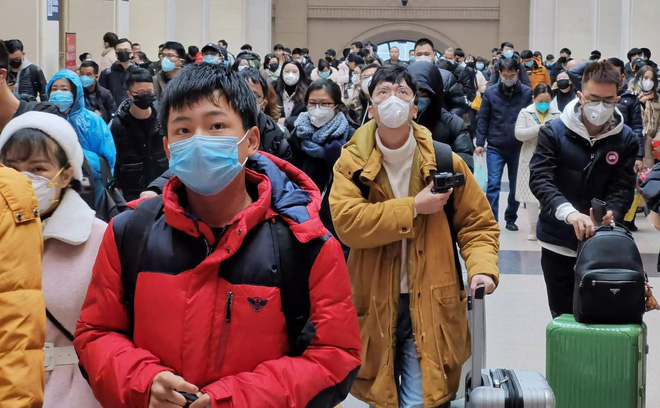


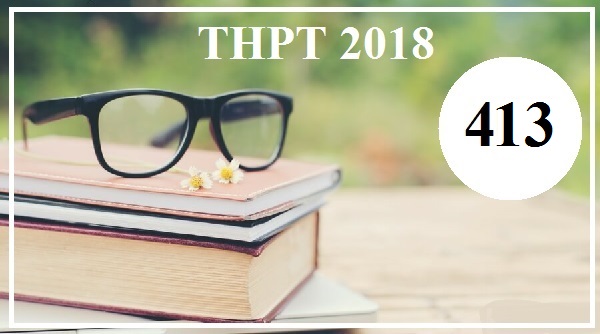
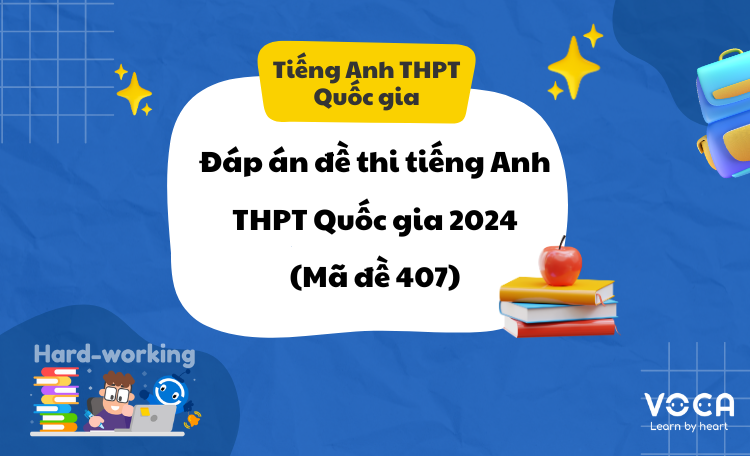
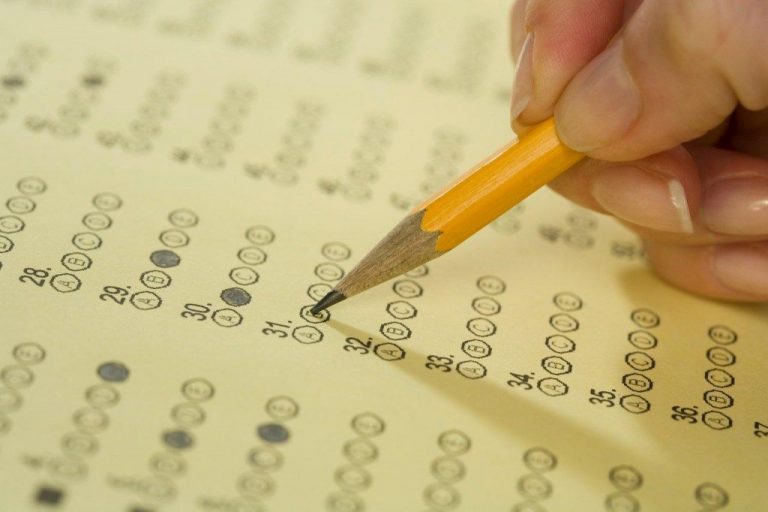
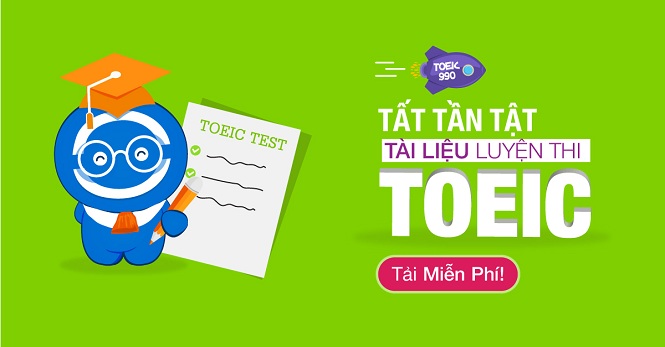
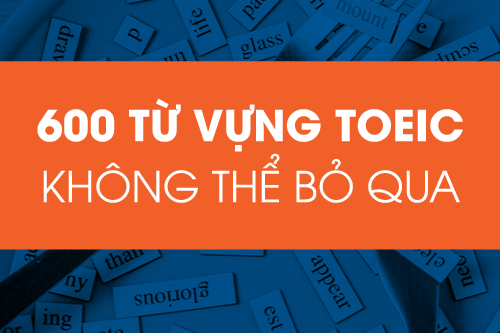
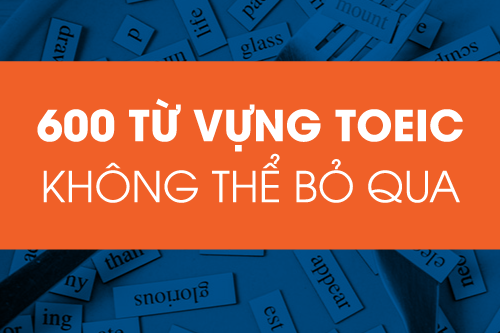
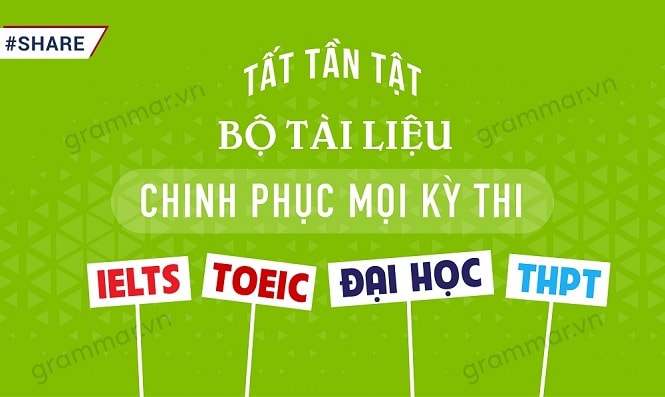
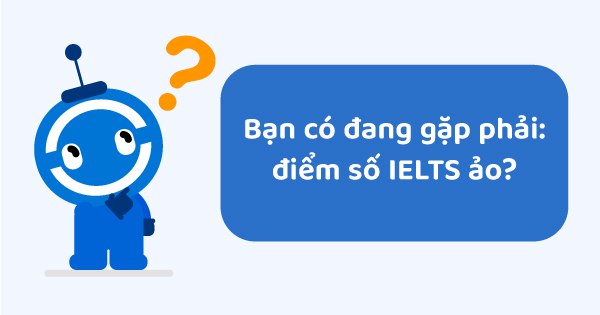
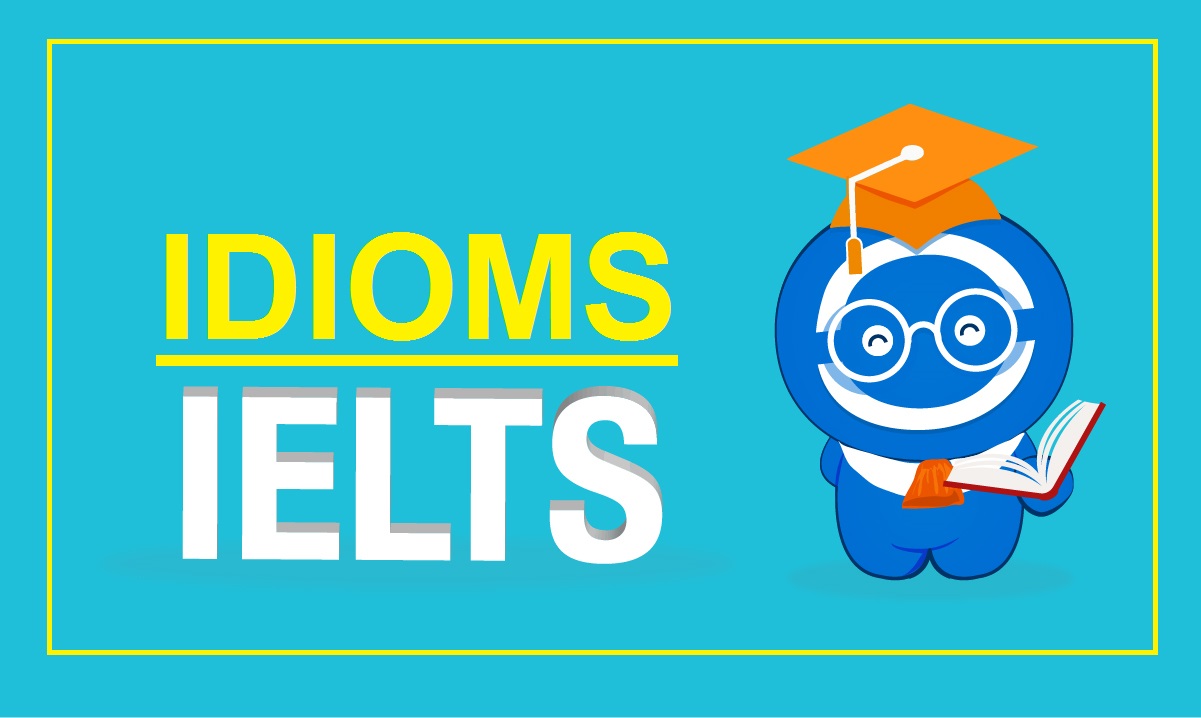
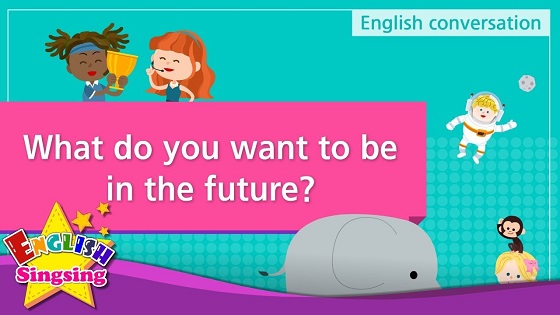
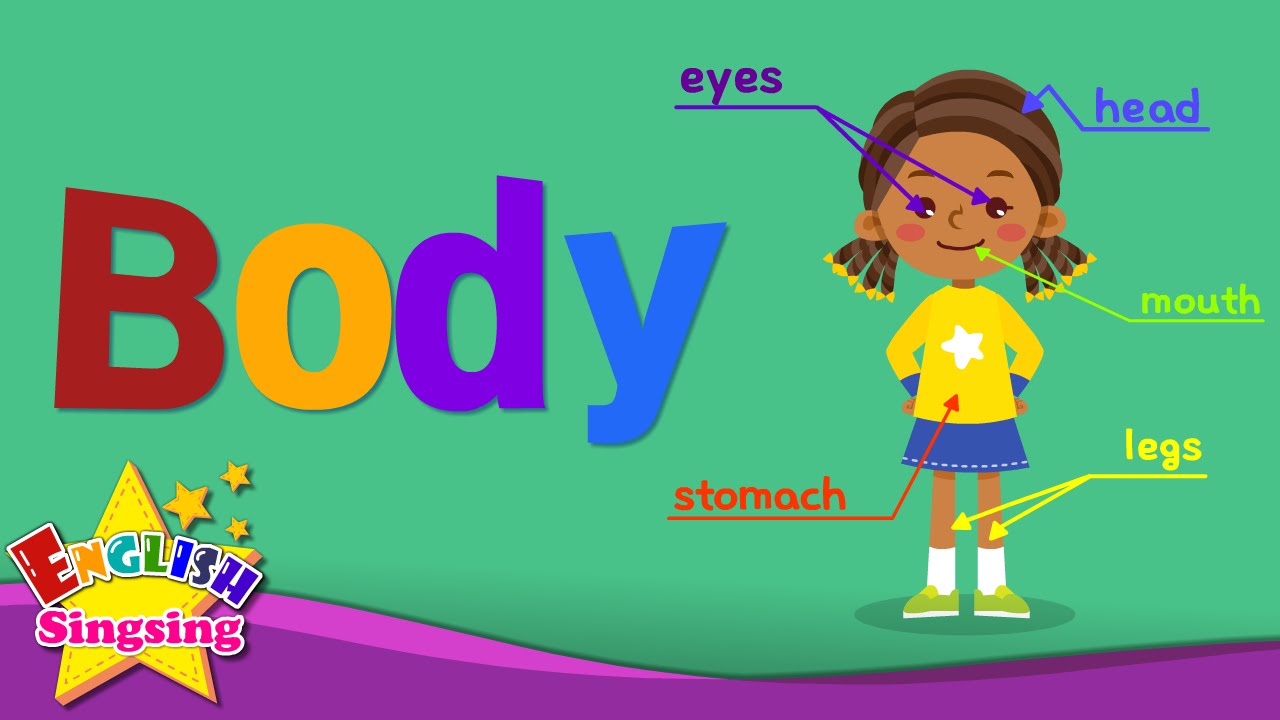

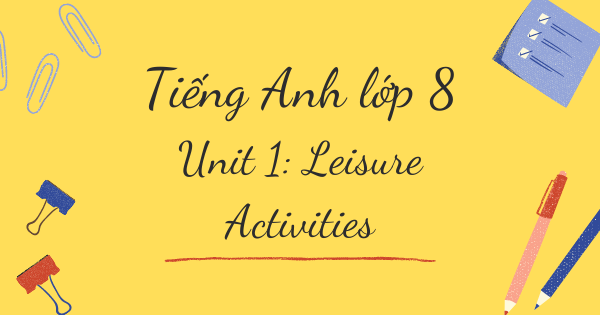
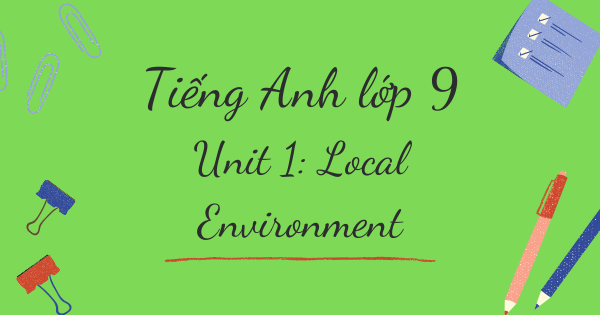
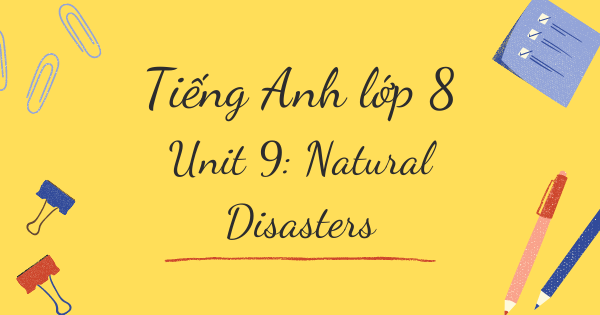



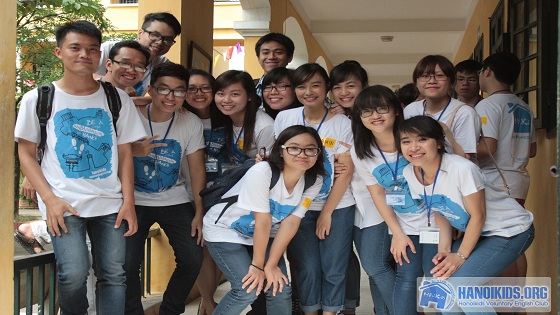
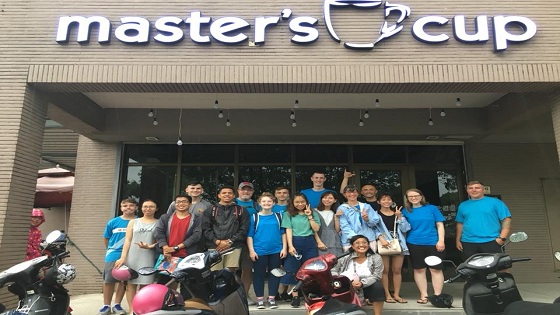
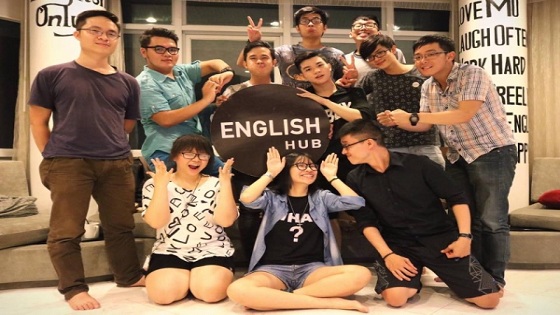








































Thảo luận